Shop DTE THC-A! We are running an introductory sale on all sizes!
Shipping is INCLUDED in all price points! All COA can be found on the individual product pages.
What is THCA, and how is it legal?
How is THCA Legal?
The Legal Framework
THCA’s legality is largely tied to the 2018 Farm Bill, which federally legalized hemp and its derivatives as long as they contain:
- Less than 0.3% delta-9 THC on a dry weight basis.
THCA itself:
- Does not cause intoxication in its raw form.
- Is chemically distinct from delta-9 THC.
This means that products high in THCA but low in delta-9 THC can technically meet the federal definition of hemp, making them federally legal. However, its legal status can vary by state due to stricter local laws.
The Loophole
The legal loophole hinges on how delta-9 THC is measured:
- Only delta-9 THC is counted when determining the product’s legality.
- THCA, in its natural form, is not considered psychoactive and is not regulated the same way as delta-9 THC.
However:
- When THCA is heated or exposed to light, it converts to delta-9 THC via a process called decarboxylation. This conversion enables THCA products to provide psychoactive effects after smoking, vaping, or cooking, even though they are technically “legal” before heat is applied.
In essence:
- THCA products skirt the law by being compliant in their raw state, even though they can easily turn into THC when used.
How Does THCA Convert to Delta-9 THC?
Decarboxylation Process
THCA naturally has a carboxylic acid group (-COOH) in its molecular structure. This group prevents it from interacting with cannabinoid receptors in the brain, meaning it cannot cause psychoactive effects.
When exposed to heat or light:
- The carboxylic acid group is removed.
- THCA becomes delta-9 THC.
The Chemical Reaction
THCA —-> Delta-9 THC + CO2
^Heat / Light
- Heat Sources: Smoking, vaping, baking, or other high-temperature methods.
- Light and Time: Over prolonged exposure, UV light or aging can also partially convert THCA to delta-9 THC, though less efficiently.
Why is THCA So Popular?
-
Legality:
- Consumers can legally buy high-THCA products in areas where delta-9 THC is restricted, as long as the product complies with the legal THC limits in its raw state.
-
Versatility:
- Users can consume THCA in its raw form for non-psychoactive benefits (e.g., tinctures, capsules, raw juicing).
- Alternatively, they can decarboxylate it for the psychoactive effects of THC.
-
Health Benefits:
- THCA is believed to have potential anti-inflammatory, neuroprotective, and anti-nausea properties, though research is still emerging.
Is THCA Always Legal?
While THCA is federally legal under the Farm Bill, states can regulate it differently. Some states regulate hemp products based on total THC, which includes potential delta-9 THC from THCA after decarboxylation. In these states, THCA products may be illegal if the potential delta-9 THC exceeds 0.3%.
Key Takeaways
- THCA is federally legal under the 2018 Farm Bill as long as the product contains less than 0.3% delta-9 THC.
- The loophole is that THCA itself is non-psychoactive and isn’t counted as delta-9 THC until it is heated or decarboxylated.
- When heated, THCA converts into delta-9 THC, making the product psychoactive and functionally similar to cannabis.
- Consumers should always check state-specific laws, as some states regulate based on total THC (delta-9 THC + THCA potential).

